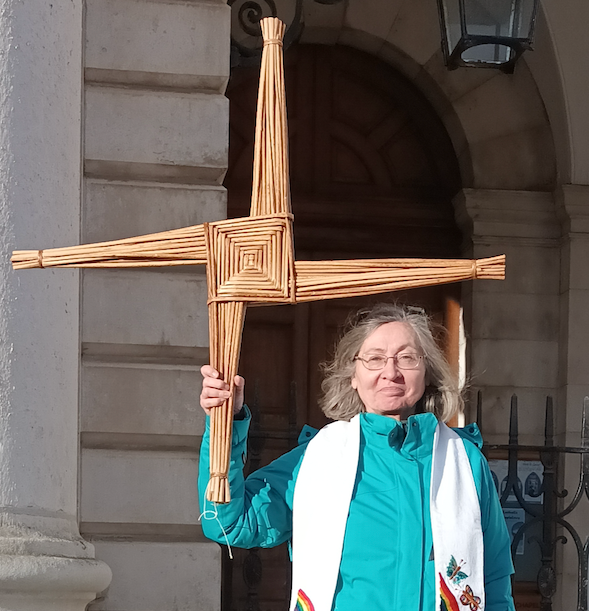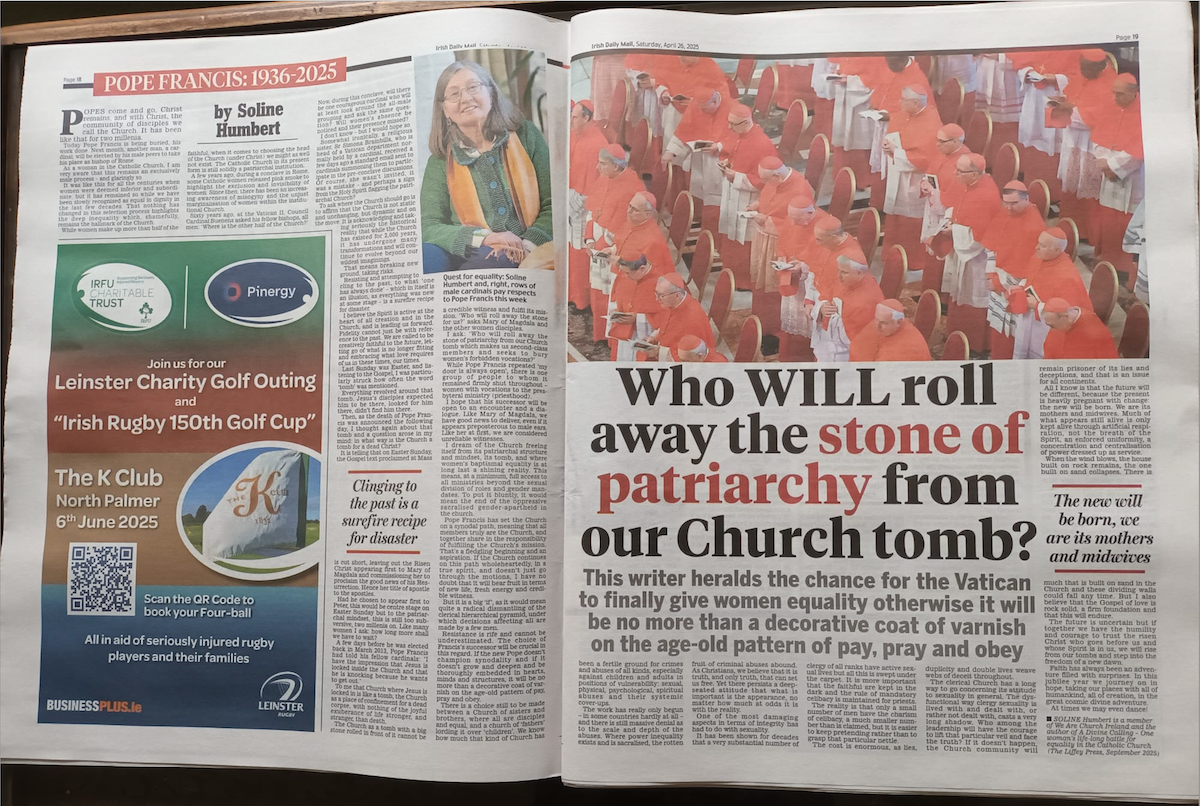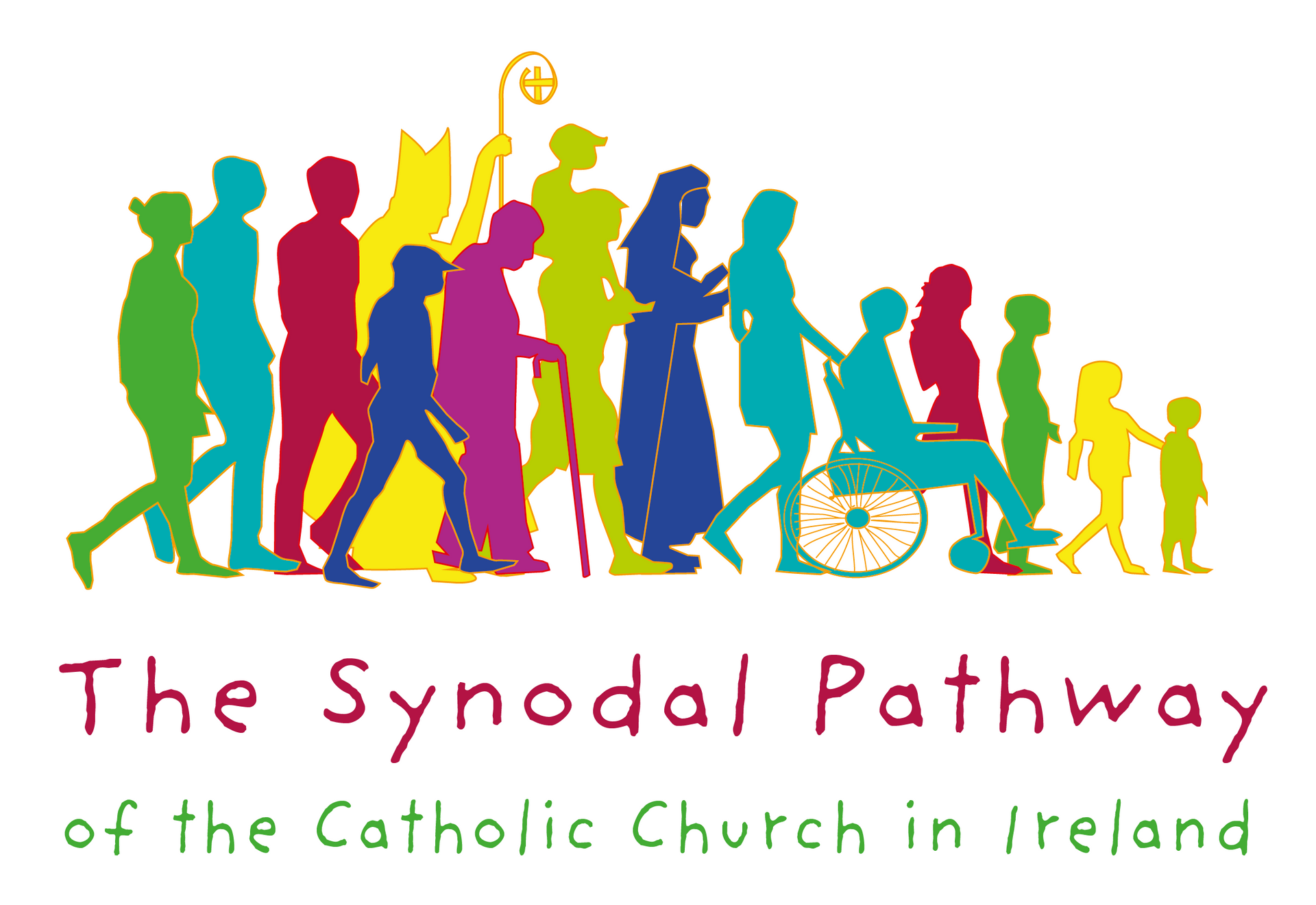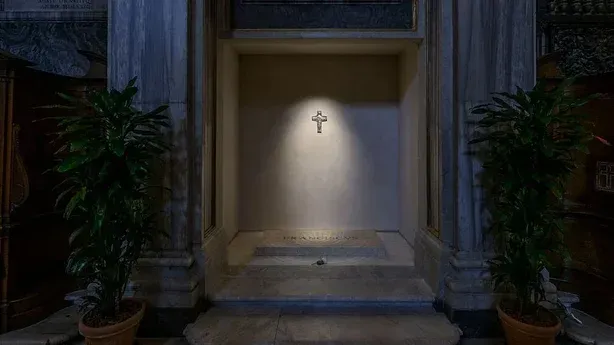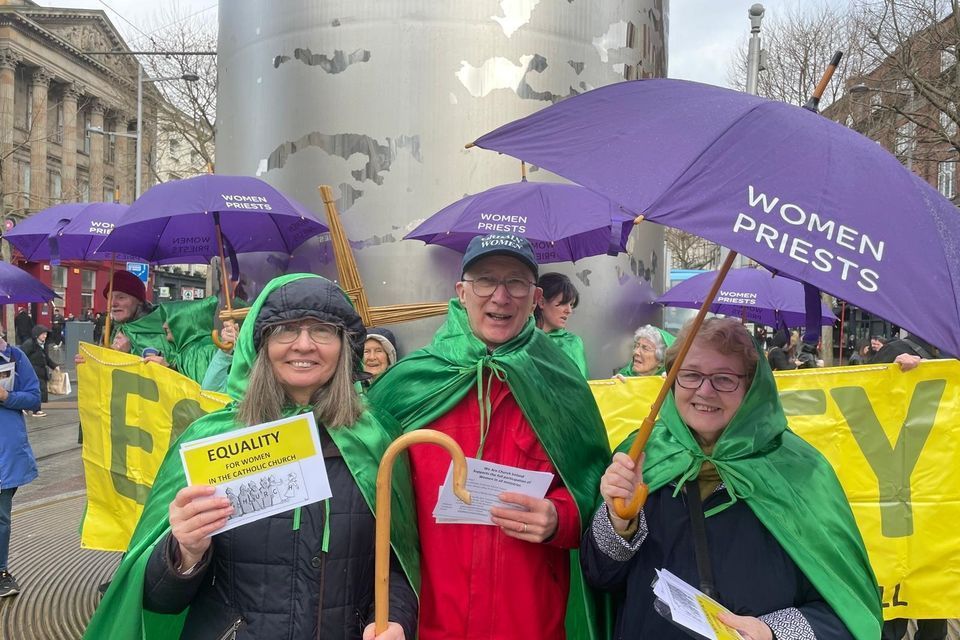We Are Church Summary of Latest Synodal Document
7 Key Summary Points
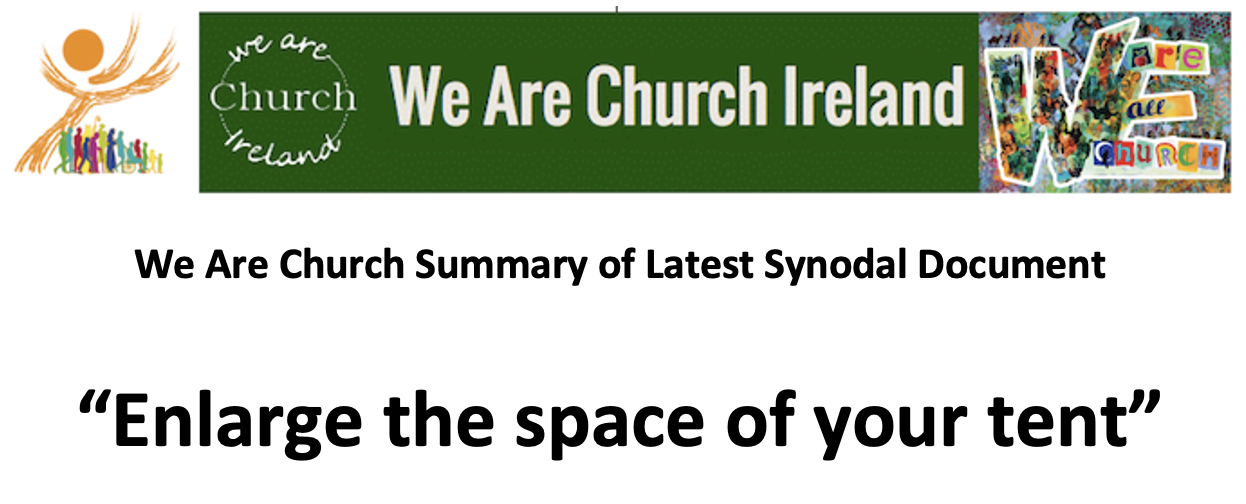
“Enlarge the space of your tent” is the name of the latest Vatican document to be published on Pope Francis’s Synodal Process.
It follows the publication of the Diocesan and National reports that respectively summarise the feedback from all the listening/consultation sessions that took place, both at diocesan and national level, in 2021 and 2022.
The significance of the “Enlarge the space of your tent” document is that it represents a further summary, but this time at a global level; it synthesises ALL the diocesan and national synodal feedback from the seven continents of the world.
While the document is an enriching read it is also unfortunately a dense one (45 pages long without an executive summary) so we thought we would produce a reader-friendly synopsis of it for our members. In the interests of brevity, we will refer to the document as DCS (Document Continental Stage)
Of course, if you have the time (and the patience) to read the document in full, we strongly encourage you to do so, (DCS link here) and if you do, keep in mind paragraph 13 on page 7 which states:
The DCS will be understandable and useful only if it is read with the eyes of the disciple, who recognises it as a testimony to the path of conversion towards a synodal Church. This means a Church that learns from listening how to renew its evangelising mission in the light of the sighs of the times, to continue offering humanity a way of being and living in which all can feel included as protagonists. Along this path, the lamp to our steps is the Word of God, which offers the light with which to reread, interpret and express the experience that has been lived.
The other important thing to keep in mind is that the DCS document is a summary and does not draw conclusions.
Why is the DCS document significant now? It’s significant because the Vatican has sent it back to all the countries and is asking each one to read the DCS and discern which intuitions resonate, what questions/issues need to be addressed and what are the priorities? This feedback will be given to a continental meeting in February/March 2023.
WAC Summary/Synopsis of “Enlarge the space of your tent”
1. At the start of this process there were fears that certain hot button issues like women priests and LGBTQ+ people would be filtered out. This has not happened. However,
2. Women are the majority of those attending liturgies, but most decision making and governance roles are held by men. From all around the world the lack of equality for women within the church is seen as a stumbling block for the church in the modern world. There was wide support for women to preach and for women deacons. Some reports called for women priests, while some considered this a closed door.
3. LGBTQ people were included in a long list of “those who feel neglected and excluded”: remarried divorcees, single parents, people living in a polygamous marriage, LGBTQ people etc. It says they feel a tension between belonging to the Church and their own loving relationships. It says LGBTQ people are asking for a more meaningful dialogue and a more welcoming space – but unfortunately it omits to say that LGBTQ people are also looking for full equality in their Church and a change in church teaching to reflect this.
4. There was broad support for the concept of Synodality as the way of being church. What emerges is a profound re-appropriation of the common dignity of all the baptised. Enlarging the Tent requires welcoming others into it.
5. Transparency is seen as an essential practice for a Church into a more authentic synodality. It is sometimes sad to note that in our Catholic Church there are bishops, priests, catechists, community leaders … who are very authoritarian. Instead of serving the community, some serve themselves with unilateral decisions, and this hinders our synodal journey. Many reports note the need to involve people with adequate professional competence in the management of economic and governance issues.
6. Membership in a body requires participation. A shared desire is the establishment – both in the life of the Church and in the consecrated life - of a circular (participative) and less hierarchical and pyramidal style of governance.
7. Listening and dialogue are the way to access the gifts that the Spirit offers us through the multifaceted variety of the one Church: of charisms, of vocations, of talents, of skills, of languages and cultures, of spiritual and theological traditions, of different forms of celebrating and giving thanks. The reports do not call for uniformity, but ask that we learn to grow in a sincere harmony that helps the baptised fulfil their mission in the world by creating bonds necessary to walk joyfully together.
Colm Holmes and Ursula Halligan, Joint Coordinators
We Are Church Ireland
11 November 2022
